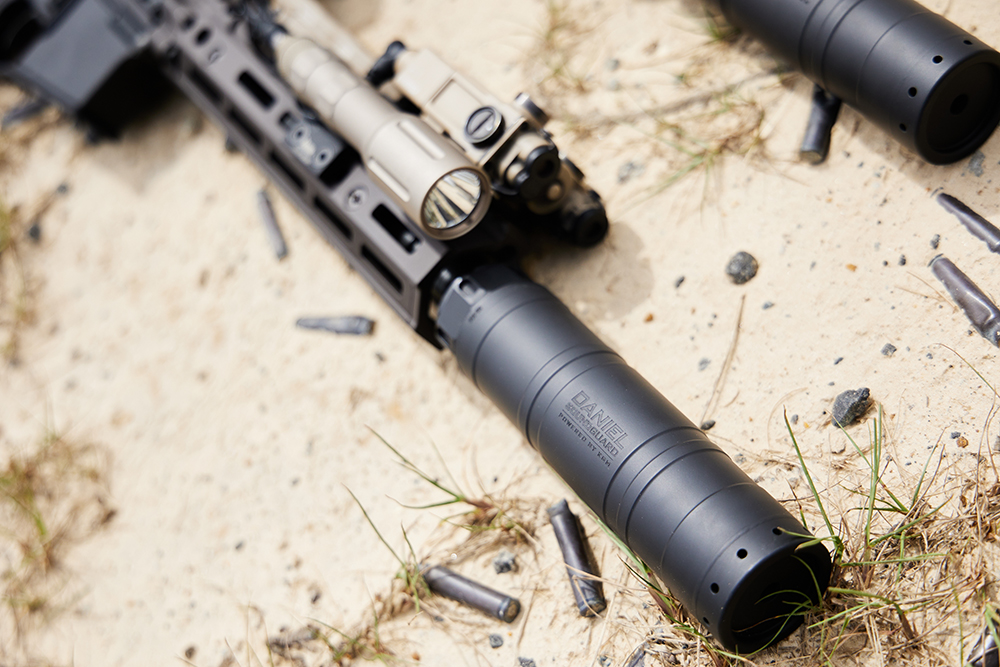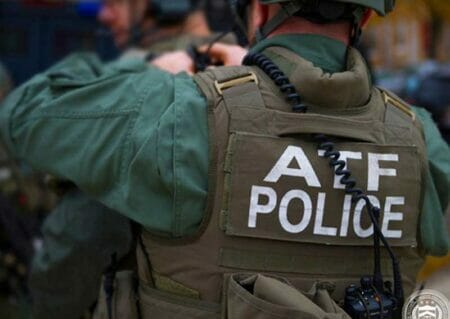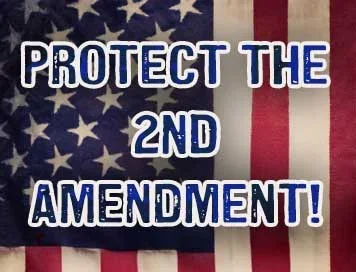
In the USA v. Peterson case in the Court of Appeals for the Fifth Circuit, the U.S. Attorney, under the Biden administration, claimed silencers/suppressors were not protected by the Second Amendment, because they were accessories, not arms.
A holdover assistant U.S. Attorney made the same argument during the early days of the Trump Administration. The Department of Justice (DOJ) caught the error and asked for time to reassess the case. The new brief in the case was submitted on May 23, 2025. What a difference a month makes. The DOJ now explicitly states silencers are protected under the Second Amendment. The DOJ makes a weak argument the Second Amendment allows silencers to be taxed and regulated.
Suppressors have several benefits to persons in exercising their Second Amendment rights. Most importantly, suppressors limit the noise caused by firearms, reducing a firearm’s audible muzzle blast by up to 30 decibels.2 This noise reduction helps shooters avoid permanent hearing damage and facilitates communication with others when engaging in both civilian self-defense and public defense. Indeed, because of the hearing-related benefits of suppressors, the U.S. Marine Corps began issuing them to infantry units in 2020.3 Suppressors appear to improve accuracy and aid in target re-acquisition by reducing recoil and muzzle rise.4 And suppressors aid in target shooting—an activity protected by the Second Amendment—by reducing noise pollution and providing additional hearing protection beyond personal protective equipment. All these practical benefits demonstrate that suppressors facilitate the constitutional right to keep and bear 5 arms. Accordingly, restrictions on suppressors impose a burden on using firearms that implicates the Second Amendment.
The DOJ argues the Second Amendment allows silencers to be taxed and registered. From the brief, page 13:
As discussed above, history and tradition permit Congress to impose modest regulations on suppressors. The National Firearms Act does not prohibit possession of suppressors. It requires only registration, a background check, and a $200 tax that is not indexed to inflation.
There are significant problems with these claims. $200 is not a “modest” tax. There is no history of the registration of firearms in the United States before the 20th century.
It is possible the DOJ is making weak arguments in favor of taxation and registration to convince the Court of Appeals for the Fifth Circuit to take the case “en banc”. The Court is not required to take the case. In addition, if the DOJ were to claim that Silencers were completely protected by the Second Amendment, the Court might rule the case “moot” because there is no controversy. By claiming that Silencers can be taxed and registered, the DOJ may be making sure the case remains active.
Mark Smith at the Four Boxes Diner, a colleague and AmmoLand contributor, suggested this on his podcast. Both of us reached this possibility separately. The action by the DOJ comes at a strategic time in the budget process in Congress. The House put a clause to remove silencers from the National Firearms Act, and place them with ordinary rifles and shotguns just a day before. This action places additional pressure on the Senate to keep the Hearing Protection Act in the reconciliation process.
Most of the arguments used for silencers/suppressors apply to short barreled rifles (SBR) and short barreled shotguns (SBS) as well. The major difference is there are four to five million legal suppressors in the United States (the official numbers are a year old), while there are less than a million SBR and less than 175,000 SBS in the NFA registry.
If silencers are removed from the NFA, Second Amendment supporters are well on the way to removing SBS and SBR items as well. If it does not happen this year, there will be another reconciliation bill in 2026.
About Dean Weingarten:
Dean Weingarten has been a peace officer, a military officer, was on the University of Wisconsin Pistol Team for four years, and was first certified to teach firearms safety in 1973. He taught the Arizona concealed carry course for fifteen years until the goal of Constitutional Carry was attained. He has degrees in meteorology and mining engineering, and retired from the Department of Defense after a 30 year career in Army Research, Development, Testing, and Evaluation.








